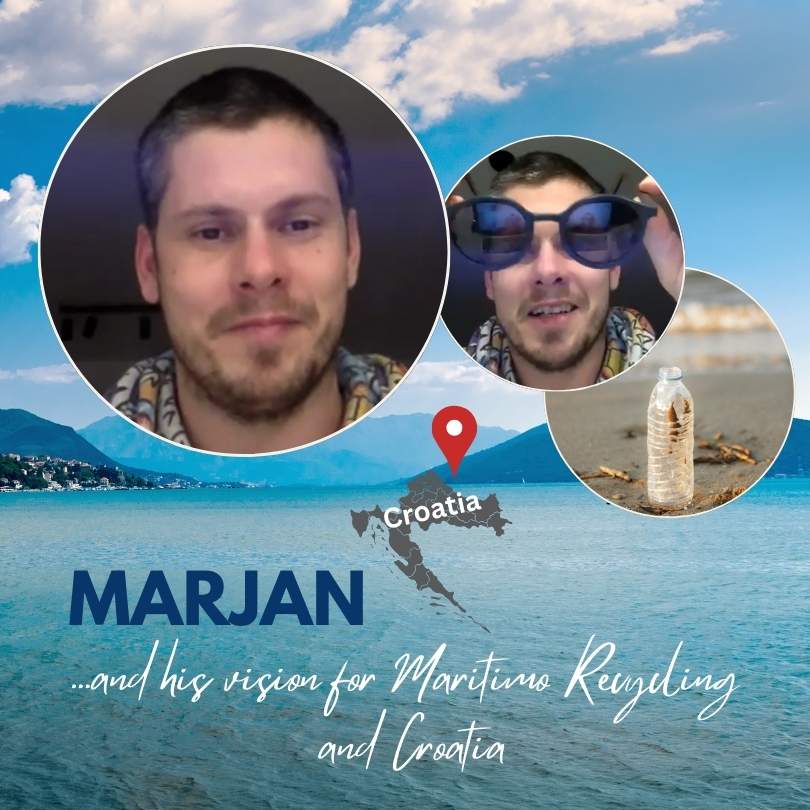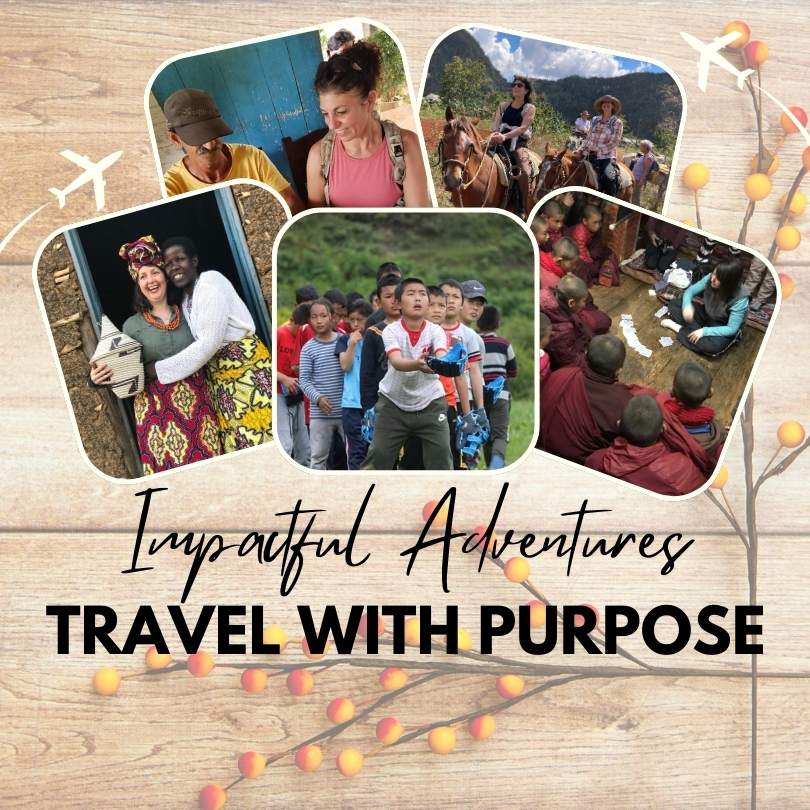Visiting Israel During War
Blog Home
From the moment the war with Hamas began, I immersed myself in Israeli newspapers, reading two or three every day. On that same day, one of my closest friends told me that her nephew, Hersh, had been taken hostage. The Polins grew up just a few blocks away from me, and I spent many holidays and gatherings at their house. Hersh had been at a music festival when the massacre occurred. He and 29 others ran to a shelter, but Hamas fighters kept throwing grenades inside. Hersh and his friend threw them back out until one grenade exploded, killing his friend and injuring Hersh, taking off his arm. Almost everyone else in the shelter died. We know this because one woman survived by pretending to be dead. She saw the terrorists take Hersh and the other survivors. Later, Anderson Cooper reported that Hersh was seen in video footage being loaded onto a truck heading to Gaza. Since then, no one has heard from him.
As I continued reading the newspapers, I saw stories about people who had lost everything in the kibbutzim and were being moved to hotels around the country. There were no tourists coming. The articles discussed the destruction of crops, which not only sustained local families but also contributed to the national food supply and economy. It became clear to me that I needed to do something to help Israel. I wanted to support a country fighting for survival, not just for itself, but for the survival of the Jewish people.
What truly amazed me was that I wasn’t alone in this feeling. People from all over the world—Jews and non-Jews alike—came to help Israel in its time of need. In my group alone, there were people from Hong Kong, Switzerland, Ukraine, and Australia.
I had read that the terrorists aimed to destroy crops and morale, and they succeeded in many ways. But they didn’t break the spirit of the people. Volunteers from all over the world came together for different reasons, determined to make a difference. Organizations restrategized to figure out who needed help and how to get it to them. The number of listservs and chats connecting people to volunteer opportunities was astonishing. Seeing both local and international volunteers arriving to support Israel was heartwarming.
I joined a group started by a rabbi from DC. He organized accommodations, daily transportation to the farms, and connected us with farmers in need. During the first week, we helped a farmer whose field had been destroyed. We cleared ruined cauliflower and began planting fennel. Israel had received a lot of rain, making it incredibly muddy, but the group before us came up with clever ways to stay clean—using garbage bags around their feet and legs. I don’t remember exactly how many fennel plants we planted, but someone said it was about 18,000 a day. The plants were hardy, and there wasn’t much we could do to harm them.
We also worked at a greenhouse sorting cucumbers and tomatoes. There were Rwandan workers there, who had arrived just days before the war started. They shared how terrifying those early days had been, and we connected over the few words I knew in Rwandan from a previous trip. Unfortunately, I made a mistake while pruning tomatoes and accidentally cut the main stem instead of a shoot. The whole plant collapsed, and I felt terrible. I wondered if volunteers with little farming experience were really helping. But the farmers reassured us, saying, "You didn’t just save my farm—you saved my life." That made all the difference.
The second week, I found my own opportunities to volunteer because there were so many. One of the people in our group had a daughter who started a Facebook group called Swords of Iron. The group connects volunteers with people in need, and it organizes everything with Excel spreadsheets to help volunteers find places to go, whether they have a car or not. Now, she’s expanding the project to include rebuilding programs in the south.
On one of the forums, I saw a call for volunteers at the Bibas farm, a family whose members were taken hostage, including their one-year-old and three-year-old children with red hair. The wife and her sister owned a nearby farm, but the sister wasn’t in a state to manage it. Their parents had been shot dead, and they had a huge clementine export order to fulfill. It was incredible to see how many people came to help. Groups from all over Israel organized buses, and only a few of us were from the U.S. By the end of the day, they were confident they’d meet their deadline, which felt great.
I also volunteered at an animal rescue farm that took in sick animals and pets from the kibbutzim whose owners had either died or were displaced. Many of the dogs seemed traumatized, but they just wanted love and attention. We cleaned their areas, walked them, and helped the woman running the rescue. Another day, I volunteered at a vegetarian restaurant in Tel Aviv that was preparing hundreds of meals for vegetarian soldiers. I helped pack the meals while others cooked and delivered them. There were also countless groups across Israel cooking for soldiers, baking challot, and preparing meals for people stuck in hotels.
One day, on my way to a meeting in Tel Aviv, I heard a siren. The bus driver calmly pulled over, and we all got off to find the nearest shelter. After a few minutes in the stairwell, we heard the Iron Dome intercept the rocket, and everyone got back on the bus as if nothing had happened. The calmness of the people in Israel amazed me. I was so grateful for the Iron Dome and deeply concerned about the U.S. debate over aid to Israel. Without the Iron Dome, the number of dead would likely be much higher.
If you want more information about how to help or volunteer, feel free to email me. There are still many needs for supplies and donations, and there are numerous ways to get involved. Before I went to Israel, I connected with someone tracking the needs of the army units, and I’ve been helping gather money and equipment for them. Many of the reservists weren’t prepared for the cold, and we worked hard to get them the warm clothing they needed. It was incredibly rewarding to receive thank-you videos from the soldiers, reminding me just how much every bit of support matters.
This experience left me with a profound understanding of the resilience of Israel and the kindness of the volunteers who come together in difficult times. Whether it was planting crops, caring for displaced animals, or packing meals for soldiers, I saw firsthand how people can make a difference. And sometimes, those moments of human connection—whether with a farmer, a dog, or even through something as simple as a thank-you video—are what truly stay with you.
I’ll never forget the stories, the people, or the moments that reminded me of the importance of community, both for the Jewish people and for all of us who value freedom and resilience.




.jpg)

